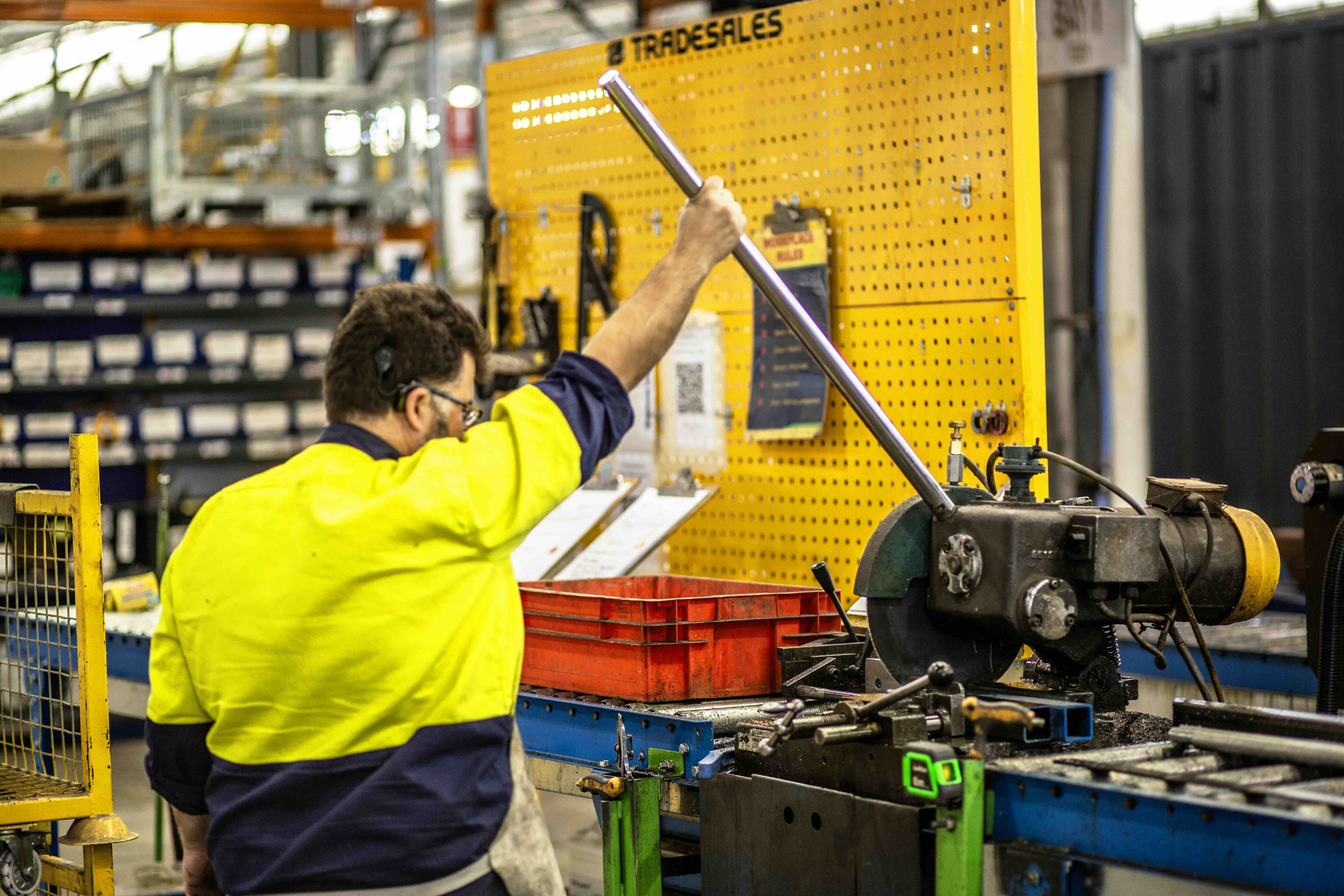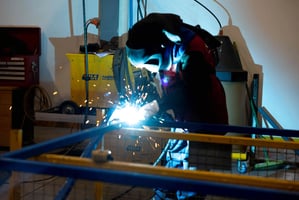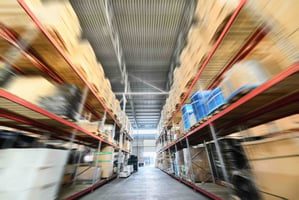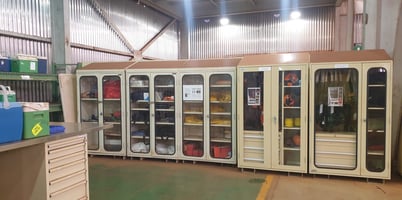Over the last three decades, the Australian Defence Force (ADF) has enjoyed an era of peace and strategic stability. However, the COVID-19 pandemic, rapidly changing climate conditions, and escalating global conflicts have exposed potential vulnerabilities. These challenges have prompted the ADF to prioritise fostering sovereign capability within its supply chains, particularly by engaging the small and medium enterprise (SME) community.
Dan Moss, Defence Industry Adviser for the Office of Defence Industry Support (ODIS), highlights the importance of this shift, emphasising the need for a resilient, secure, and locally sourced supply chain.
What Is Sovereign Capability in Supply Chains for the Defence Industry?
Sovereign capability refers to Australia’s ability to access the goods and services required by the defence industry from within its borders.
“Foreign companies can supply the Australian defence industry. However, we want the people, components, and capabilities that feed into the defence industry to reside in Australia,” said Dan.
By developing local capacity, the ADF ensures a robust and secure supply chain.
“Part of my role is to secure that supply chain by linking innovative SMEs with larger players, including Tier 1 suppliers and Prime contractors,” Moss adds.
Why Is Sovereign Capability Important?
Improving and increasing sovereign capability offers significant benefits for Australia, particularly in terms of economic growth and supply chain resilience. When the Australian Government invests billions of dollars into the defence force, retaining as much of that investment within Australia maximises the long-term return on investment.
“We want to keep as much of that money in Australia as we can. This approach generates a greater return on investment over time, fuelling economic growth and strengthening local industries.”
In addition to its economic advantages, sovereign capability is essential for ensuring supply chain resilience. By developing robust local supply chains, Australia reduces its vulnerability to disruptions caused by natural disasters, pandemics, or geopolitical conflicts.
“A secure and adaptable supply chain is critical to our defence readiness,” Moss adds.
This redundancy safeguards Australia’s ability to respond to emergencies and maintain its defence capabilities under challenging conditions.
The Evolving Focus on Sovereign Capability
Sovereign capability has always been a priority, but the emphasis has intensified over the past five years. According to Moss, the COVID-19 pandemic served as a stark reminder of the fragility of global supply chains.
“The pandemic was a great example of how quickly supply chains can be tested. This wasn’t limited to the defence industry or even Australia; it was a global challenge. We’re now making moves to ensure we’re better prepared for similar disruptions in the future,” said Moss.
Key Priorities for Sovereign Defence Capability
Defence has strategically outlined seven Sovereign Defence Industrial Priorities (SDIPs), focusing on areas that are vital for maintaining operational readiness and reducing reliance on foreign supply chains. These priorities ensure the Australian Defence Force (ADF) can meet both current and future challenges with self-reliance and efficiency.
- Maintenance, repair, overhaul, and upgrade of Australian Defence Force aircraft.
- Continuous naval shipbuilding and sustainment.
- Sustainment and enhancement of the combined-arms land system.
- Domestic manufacture of guided weapons, explosive ordnance, and munitions.
- Development and integration of autonomous systems.
- Integration and enhancement of battlespace awareness and management systems.
- Test and evaluation, certification, and systems assurance.
The Role of SMEs in Strengthening Sovereign Capability
SMEs are vital to building a resilient defence supply chain. They drive innovation, provide agility, and form the foundation of a national network that supports larger players, including Tier 1 suppliers and Prime Manufacturers.
“Without a strong SME base, the supply chain is weakened,” says Moss. “SMEs can pivot quickly, addressing niche needs and delivering innovative solutions that larger players might struggle to provide. This flexibility is crucial for the defence industry to remain competitive and adaptable,” said Dan.
Overcoming Challenges in the Defence Industry Supply Chain
While SMEs have a critical role to play, entering the defence supply chain can be challenging. The requirements for security and compliance are often more rigorous than in other sectors. For instance, achieving the necessary cybersecurity standards can demand significant time and financial investment.
“These hurdles can be daunting for SMEs, especially without a guaranteed return on investment,” Moss acknowledges.
That’s where ODIS steps in. By offering advisory, guidance, uplift and mentoring services, ODIS helps SMEs navigate these challenges.
“Our mission is to roadmap these obstacles and assist SMEs in overcoming them, ensuring their success in the defence industry,” Moss explains.
A Collaborative Path Forward
Building sovereign capability within the defence industry is not a task that can be accomplished overnight. It requires collaboration, innovation, and strategic investment. By linking SMEs with larger players and fostering a resilient, local supply chain, Australia can enhance its defence readiness and national security.



